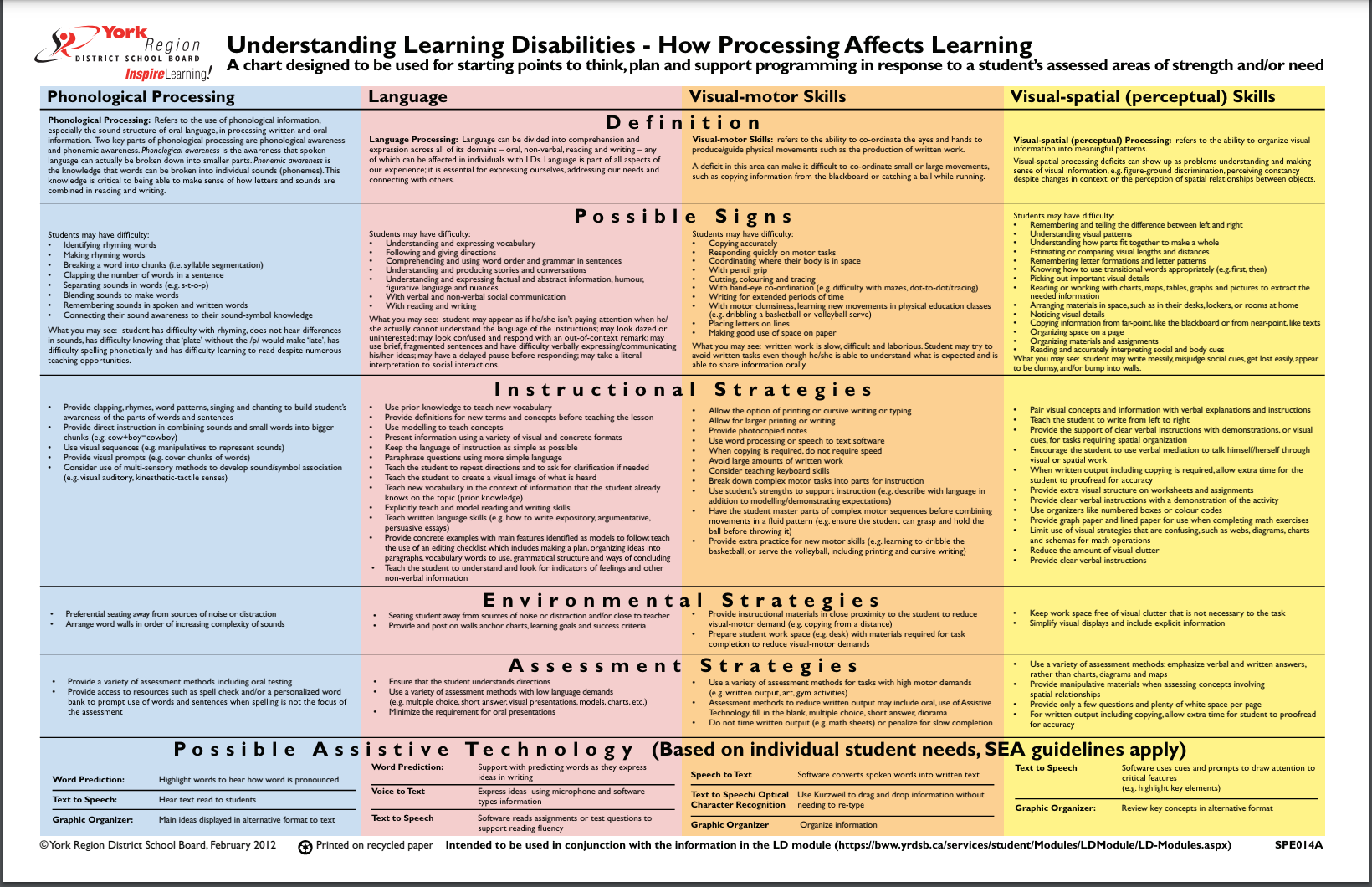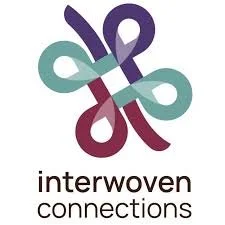Resources - Education
-

FASD: Essentials for Educators (2025)
This is FANS own resource for educators. It has been developed by FANS co-founder, Allan Mountford after decades of teaching students with FASD. Please download and share!
-

Adaptations: Strategies and Resources (2016)
This is a guide from Nova Scotia’s Office of Education and Early Childhood Development, Student Services Department Adaptations and Strategies. It explains what adaptations are and gives specific examples.
-

Tips for Teachers - Saskatchewan FASD Network (No date given)
This is a handbook to help teachers manage FASD in their classrooms. Topics include practical suggestions for the physical environment, behaviours (symptoms), routine and structure, memory, transitioning, communication, cause and effect, ownership, consequences, confabulation, and social skills, from a strength based perspective.
-

What Educators Need to Know About FASD: Working Together to Educate Children in Manitoba with FASD (Healthy Child Manitoba 2018)
The goal of this resource guide is to provide teachers and parents with a clear understanding of the needs of students with FASD by:
• defining fetal alcohol spectrum disorder (FASD)
• describing the common learning and behavioural characteristics of children with FASD
• suggesting strategies that may be helpful in meeting the needs of these children in the classroom and at home
-

Understanding Learning Disabilities (2012)
Designed by the York Region District School Board, this is an excellent resource for environmental, instructional, and assessment accommodations (called adaptations in Nova Scotia). This should be on every educators desk.
-

Understanding Learning Disabilities (2012)
Same as the York Region District School Board waterfall chart, but in poster format.
-

Teaching and learning strategies to support primary aged children with FASD (2022)
This 2-page poster is an excellent resource for teaching primary-aged children. Many of the strategies are good pedagogy for all ages.
-

My Kind of Mind (No date given)
Written by Sheila Burns, a long-time FASD advocate, this is a guide to understanding how the mind of a person with FASD works and how they engage best with others. This is a workbook that allows a student to help those around them understand them better.
-

FASD and Me: Strengthening My Community (2024)
This website introduces the bilingual FASD & Me program to celebrate children and youth with FASD and their families and enable members of their communities to better understand both their strengths and needs. It includes a workbook that can be personalized by the individual with FASD, with places to share their strengths and challenges, triggers, goals, and strategies for success.
-

Prenatal Alcohol and the Developing Brain (2016)
This is the first of three excellent videos in the series “Supporting Students with Fetal Alcohol Spectrum Disorder” by the Edmonton Learning Consortium. This is a superb overview of the pervasive nature of alcohol on the developing brain. (7:55)
-

Brain Structure vs Brain Function (2016)
The second video in the series from The Edmonton Regional Learning Consortium explains the brain's structure, allowing us to understand how brain performance is related to prenatal alcohol exposure. (13:26)
-

The Brain and Emotional Regulation (2016)
The third video in the series from the Edmonton Regional Learning Consortium, this video helps us understand the difficulties individuals with Prenatal Alcohol Exposure have trying to regulate their emotions (11:20)
-

A Shift in Approach (2013)
This video by POPFASD in B.C. is one of many videos they have produced on FASD. It introduces us to the concept that FASD is physical brain damage, and needs accommodation as does any other physical disability. It helps us see that the resistance in front of us is symptoms, not intentional behaviours, helping us change from a “won’t” to “can’t” paradigm. (4:48)
